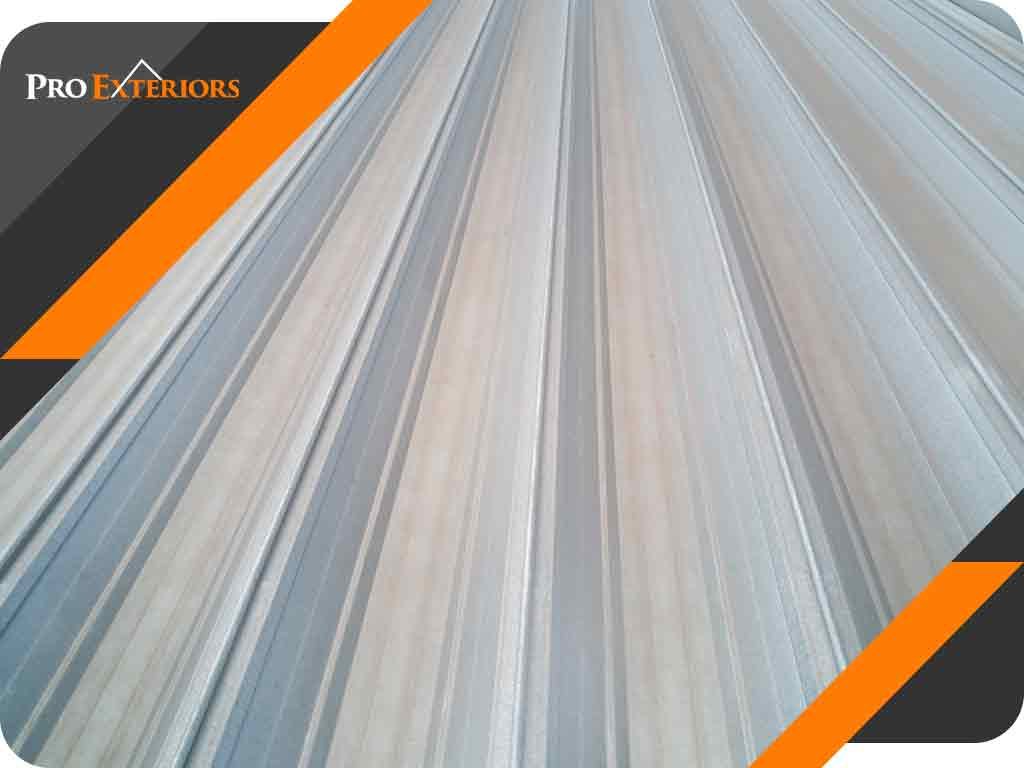Myths about metal roofing persist even to this day. If you are hesitant to choose metal roofing for your next roof replacement project, read on as Pro Exteriors debunks common metal roofing myths.

MYTH: All Metal Roofs Look the Same
Most people think about the standard standing seam design when talking about metal roofs, which in itself is a great metal roofing system. However, the latest manufacturing technologies have made it possible to create metal roofing options that mimic other styles such as slate, tile and wood shake. Regardless of your home style, there’s a metal roofing option for you.
MYTH: Metal Roofs Make Too Much Noise
This may have been due to the fact that the sheet metal installed on sheds makes too much noise when it rains, or when a small animal walks on it. But today’s residential metal roofs are built like a proper roofing system, complete with roof deck, insulation and underlayment. In fact, when installed by a capable roofing company, a metal roof can be quieter than typical asphalt shingle roofs.
MYTH: Metal Roofs Prevent Ice Dams
Ice dams form because of insufficient attic insulation, which lets heat from the attic radiate through the roof. When this happens, the roof temperature is raised to above freezing and melts the snow on top. The melted snow then refreezes into ice as it reaches the roof edge. As this cycle repeats, ice dams are formed. Metal roofs are proven to shed snow and rainwater more efficiently.
MYTH: Metal Roofs Make Your Home Hotter During Summer
This myth probably stems from the fact that metal is inherently conductive. But in terms of roofing, this is actually the reverse. With the right roof color, metal roofs can reflect infrared rays, the source of heat from the sun. Combined with a well-insulated attic, your metal roof can actually make your home more comfortable — and help you save on your cooling costs — during summer. Plus it doesn’t have granules that asphalt roofs shed, and when they do, they lose their protection from heat.
MYTH: Metal Roofs Are Prone to Lightning Strikes
Just because metal conducts electricity doesn’t mean it automatically attracts lightning. Rather, lightning is attracted by the tallest grounded structure in the vicinity: a tree, a lightning rod, or a cell tower. Also, metal roofs are attached to non-conductive materials on your home. If for some reason your metal roof does get struck by lightning, you’ll be safe as long as you stay indoors.
To learn more about metal roofs, or our roof repair, maintenance and installation services, call Pro Exteriors today at


